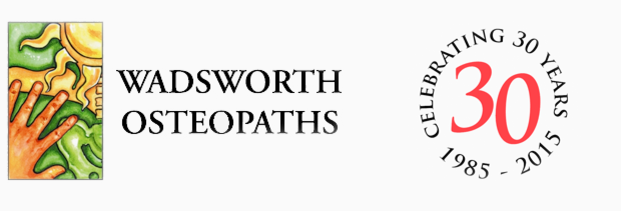Osteopathy and Sport
Osteopathy is a safe and natural approach to healthcare and recovery from injury. In many respects it is the ideal treatment for most sports injuries because it is concerned, essentially, with the way in which the whole body functions.
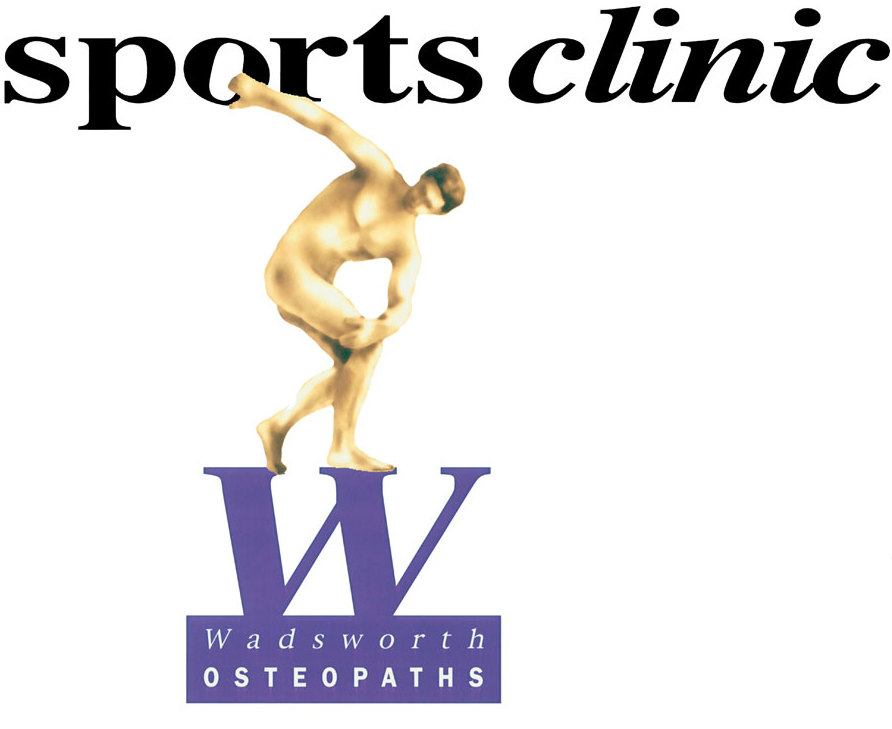
Case Histories
Example 1
Example 1: A man in his late fifties, running at senior club level had a recurrent history of calf injuries in his right leg. After being assessed by a variety of therapists, he consulted an osteopath who discovered the onset of the problem was a change in occupation two years previously. His new job required a lot of standing and examination revealed that he tended to stand with his right leg slightly bent. As a result, the calf muscle had started to shorten on that side. Osteopathy enabled him to stand more symmetrically, thus reducing the tension in the right calf. An improved stretching routine was then prescribed and a recovery from the injury (so far non-recurring) was rapidly achieved.
Example 2
Example 2: A forty year old woman who played badminton and tennis at County level had a six month history of severe ‘tennis elbow’ pain. She was concerned that her injury was worsening and she knew a number of people who had been forced to give up their sports due to similar problems. Her osteopath discovered the problem was that her spine allowed very little rotation and her shoulder muscles, especially the ‘rotator cuff’, were very tight. She improved very well with treatment to her neck (where the nerve for the elbow arises from) and elbow. Importantly her shoulder and upper back mobility was treated and substantially increased. This approach reduced the demands on her elbow and she not only returned to pain free racquet sports but also found her increased mobility meant she ended up having the most powerful smash shots she had ever had.

Sports related complaints
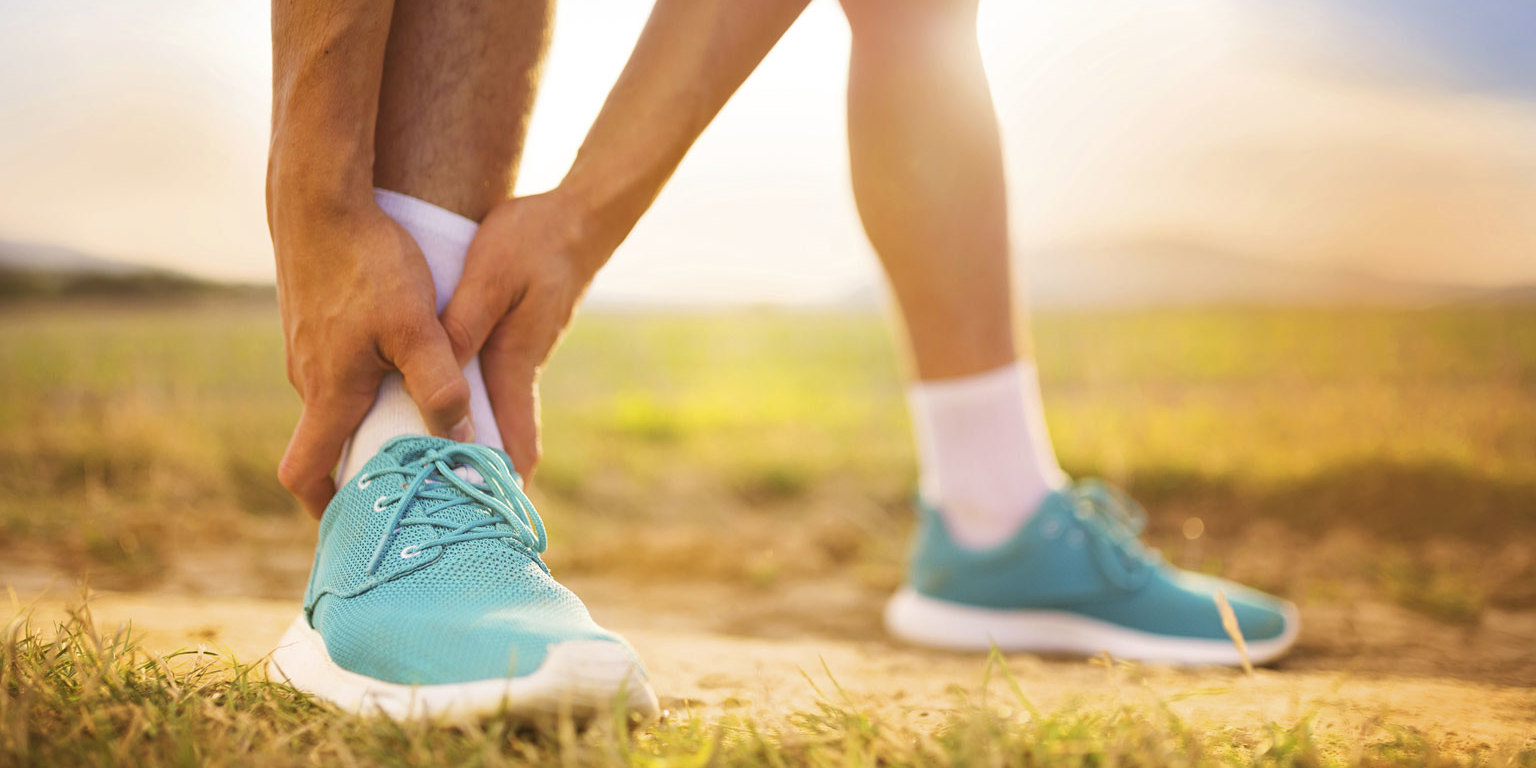
Various pains, strains and other injuries
Low back pain (with or without sciatica)
Muscle and ligament injuries
Knee pain (including mal-tracking and degenerative conditions)
Shoulder, elbow and wrist injuries
Foot and ankle complaints
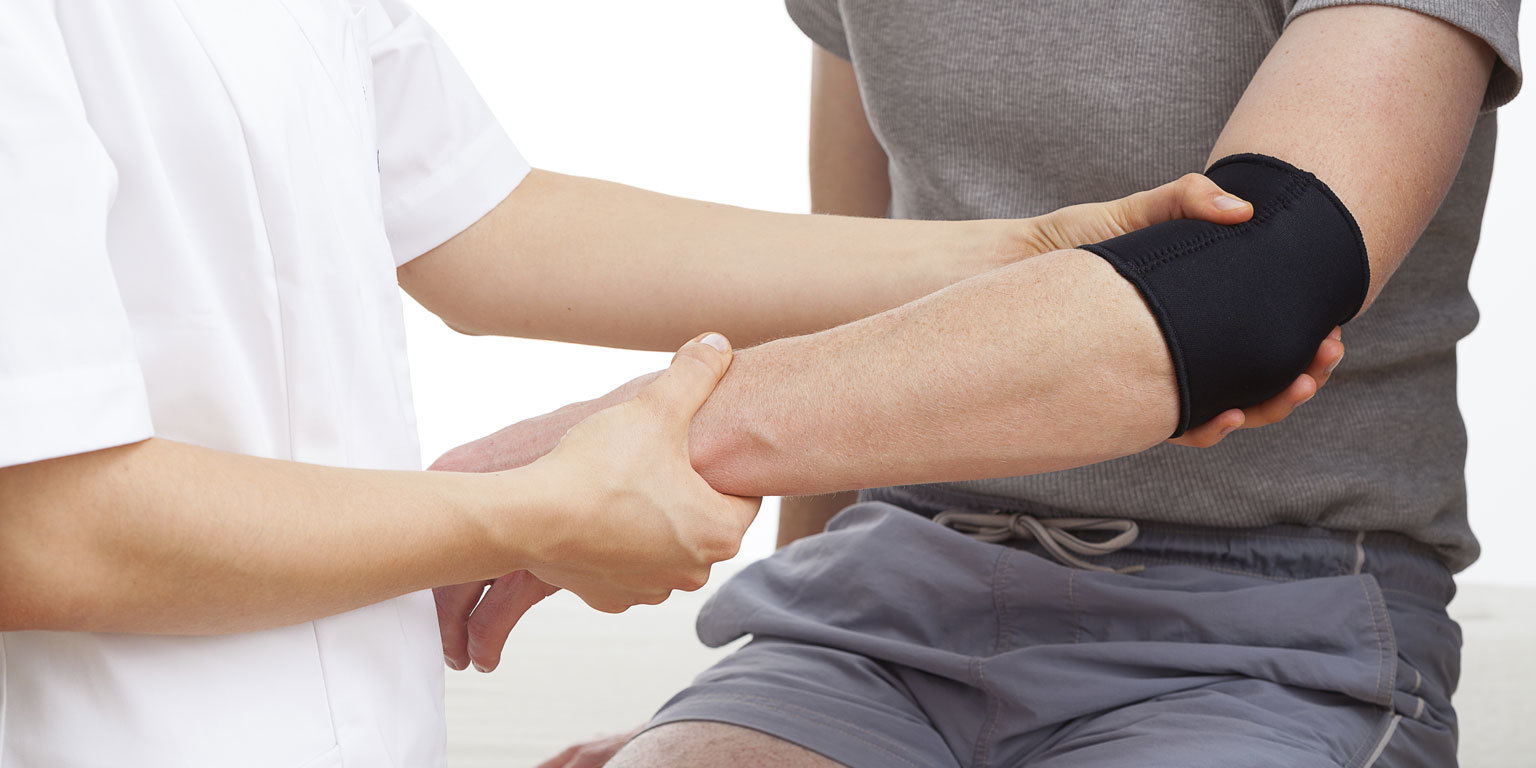
Functional complaints
Reduced joint flexibility (e.g. a golfer who cannot rotate as well as he used to)
Mechanical limitations (e.g. a gymnast who is starting to find increasing difficulty in achieving full ‘splits’.)
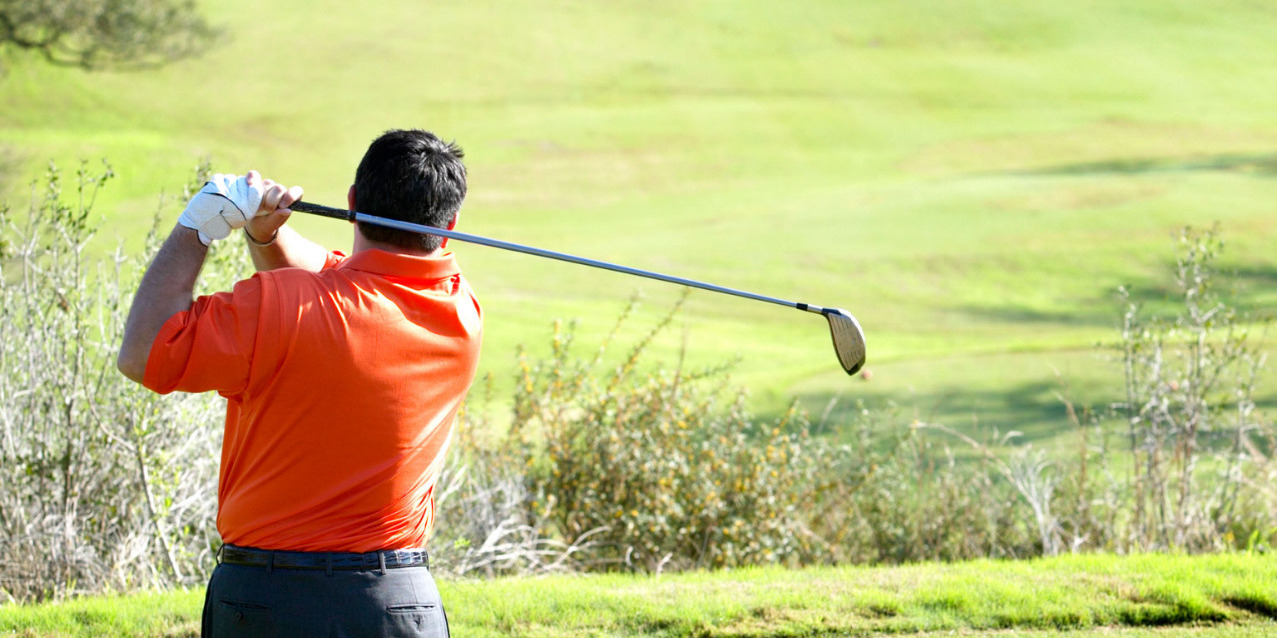
Overuse injuries
Tennis and golfer’s elbow
Jumper’s knee
Tenosynovitis and tendonitis
A sporting life: basic guidelines
If you are taking up a new sporting activity, whether it is aerobics or football, seek the advice of a coach, trainer or instructor. You can then plan your programme so that it develops in parallel with your body’s ability to cope.
Make sure you ‘warm up’ and stretch beforehand and ‘cool down’ and stretch afterwards. This is often not done well. If you are not sure, ask an expert!
If you become injured and you are in any doubt of the severity of the injury seek urgent medical advice.
Otherwise, remember PRICED – especially relevant for arm and leg injuries:
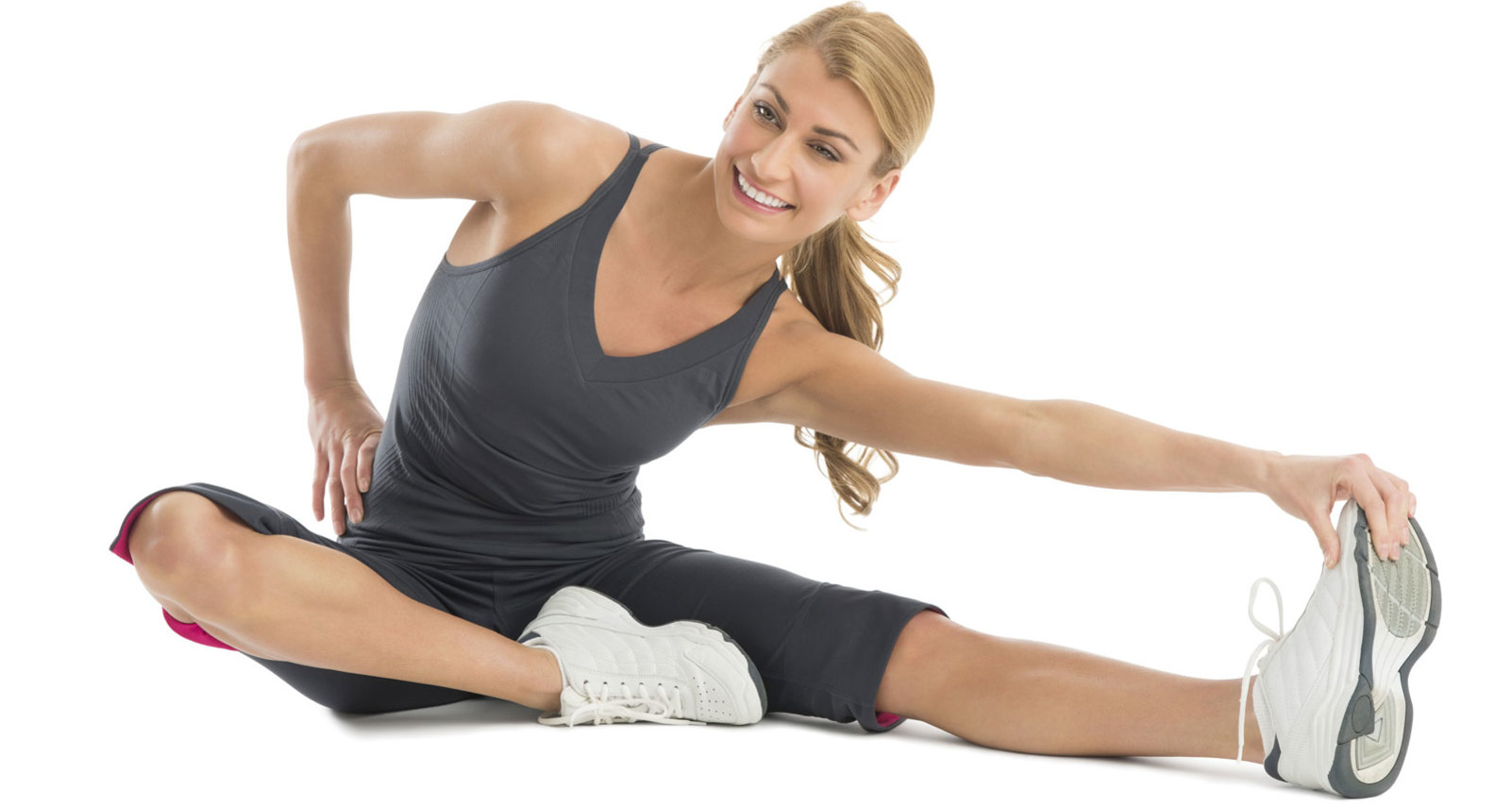
PREVENTION
Because it is always better to avoid any injuries by preparing adequately.
REST
To prevent further injury (although your osteopath may recommend carefully controlled movement even in the acute phase of an injury).
ICE
Ice the injured area (not too cold – don’t freeze it!). Heat may be appropriate later on.
COMPRESS
Compress the area (so that swelling is minimised).
ELEVATE
Elevate the injury (if it’s a limb) to aid ‘drainage’.
DIAGNOSIS
It is much easier to know what to do with your injury if you understand what damage has occurred.
Strapping or taping to protect an injury should be applied by an experienced person who understands the injury.
If you'd like to know more, or discuss a particular sports injury that you may have, then please call Wadsworth Osteopaths now on our 24/7 central booking line: 01482 875004

